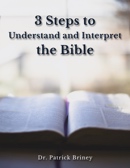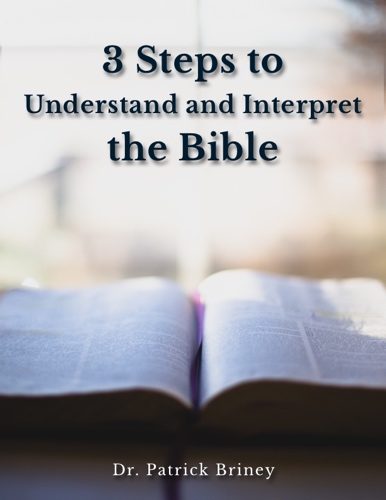Why does the Bible say not to judge others in some verses and in other verses to judge others?
As lost people, when we judge others, we condemn ourselves because we are sinners also (Romans 2:1-2). In Matthew 7:1 and Luke 6:37, Jesus warns people that, if they want to be saved by their own efforts and good works, they better not judge anyone else.
Why?
Romans 2:13-15 explains that accusing others of wrong doing reveals one’s own personal knowledge and accountability to the law (cf Romans 2:1–2).
Where there is law, there is sin, and where there is sin, there is death and condemnation (Romans 5:12–13; 1 Corinthians 15:56).
Jesus was telling His listeners that they were guilty of sin and thereby condemning themselves when they judged others. This can only be true for the lost who judge others.
Is it wrong to judge others?
It is not wrong for a Christian to judge others. Jesus tells us how to judge others in John 7:24, saying,
Judge not according to the appearance, but judge righteous judgment.
Righteous judgment is correct judgment or evaluation of people rather than incorrect or false judgment. The fact that Jesus exhorts us to give righteous judgment indicates that we can and must judge. This requires judging or discerning right from wrong, not condemning someone’s soul.
For example, in 1 Corinthians 5:12, Paul says,
For what have I to do to judge them also that are without? do not ye judge them that are within?
In this verse, Paul indicated that he judged fellow believers in the church. And he was not even in the church in person. In 1 Corinthians 6:5, Paul rebukes saints for not judging, saying,
I speak to your shame. Is it so, that there is not a wise man among you? no, not one that shall be able to judge between his brethren?
The idea of not judging others is humanistic, post-modernistic thinking. It is rooted in the philosophy that there are no absolute rights and wrongs. A common phrase used to sum up moral relativism is “You’re OK; I’m OK.”
In other words, what is right to you is right, and what is right to me is right. I accept your rules as right for you and my rules as right for me. No one is wrong.
But Jesus gave us the book of right and wrong. It is called the Bible. And some things are definitely wrong. Other things are definitely right.
In order to fulfill God’s will in your life, you have to know the difference between right and wrong and then tell others what God says. That is what witnessing is all about. There is only one right way to be saved. All other ways are wrong and lead to hell (John 14:6; Acts 4:12). Sin is wrong and must be confessed. Without confession and repentance of sin, there is no salvation.
Sharing this message does not make us better than others. It is the message from God.
Why did Jesus say that He did not judge, but then He did judge?
In John 8:15-16, Jesus says,
Ye judge after the flesh; I judge no man. And yet if I judge, my judgment is true: for I am not alone, but I and the Father that sent me.
Jesus is making a distinction between judging based on self-standard versus on God’s standard. His instruction is that we should judge no one by our own self-righteous standards (after the flesh). Rather we should judge based on God’s Word, which is always the true and right standard. This is the reason Jesus said in John 12:48,
He that rejecteth me, and receiveth not my words, hath one that judgeth him: the word that I have spoken, the same shall judge him in the last day.
It is the Word of God that we must use to judge (discern and recognize) right and wrong. We are not to judge by our own standard.
What is the meaning of 1 Corinthians 2:15? It says,
But he that is spiritual judgeth all things, yet he himself is judged of no man.
The context is describing the contrast between those who are spiritual and those who are not. Having the Spirit of God enables one to judge correctly and know right from wrong by God’s standard, not by a self-righteous standard. Those who do not have the Spirit of God lack righteous discernment.
Born-again Christians can truly judge all things because they appeal to the True standard of God’s Word, whereas the carnal and naturally minded, who are lost, are not able to judge correctly (though they may, and indeed do, judge by their own standards). This is not to say that all judgment by Christians is correct. It is saying that Christians have the ability to judge correctly when they appeal to the standard of God, not their own.



